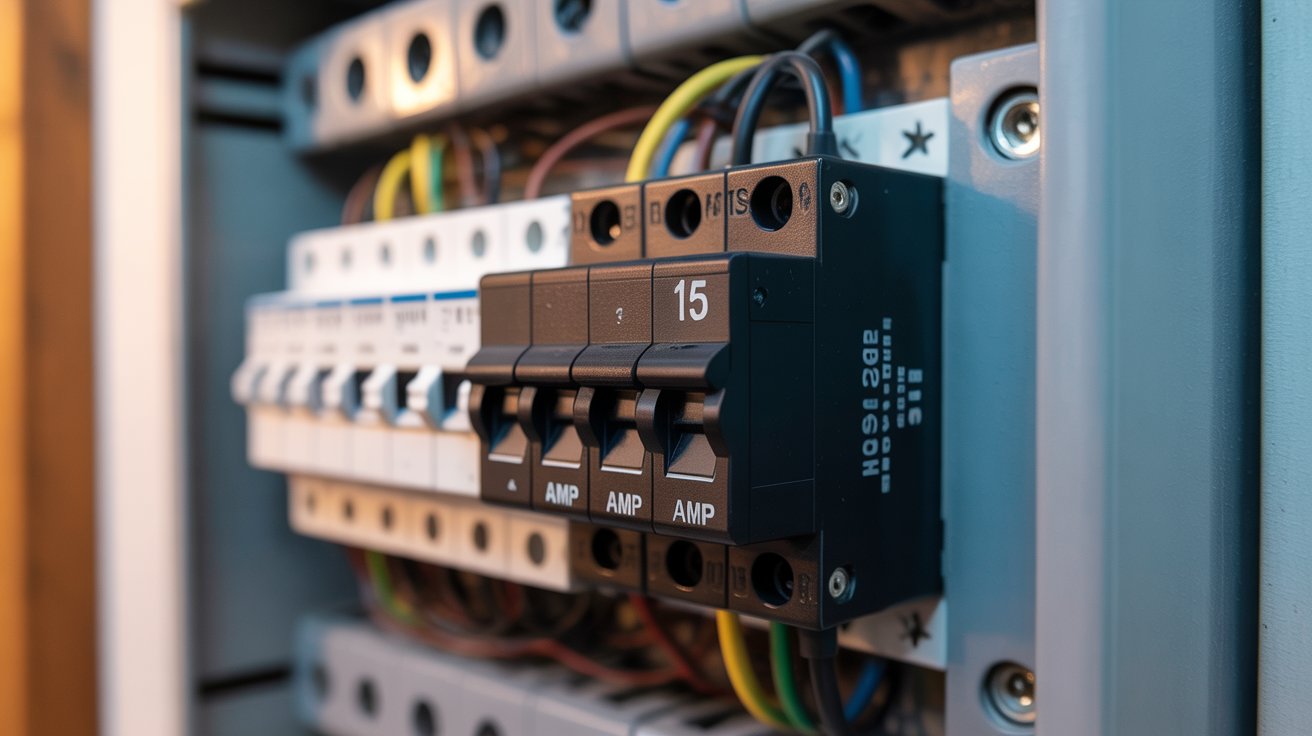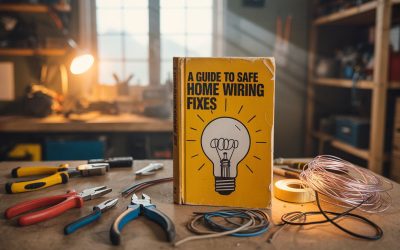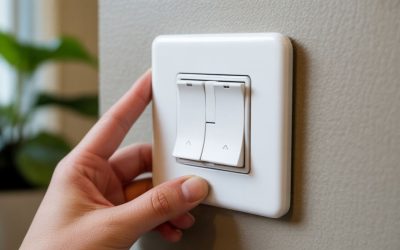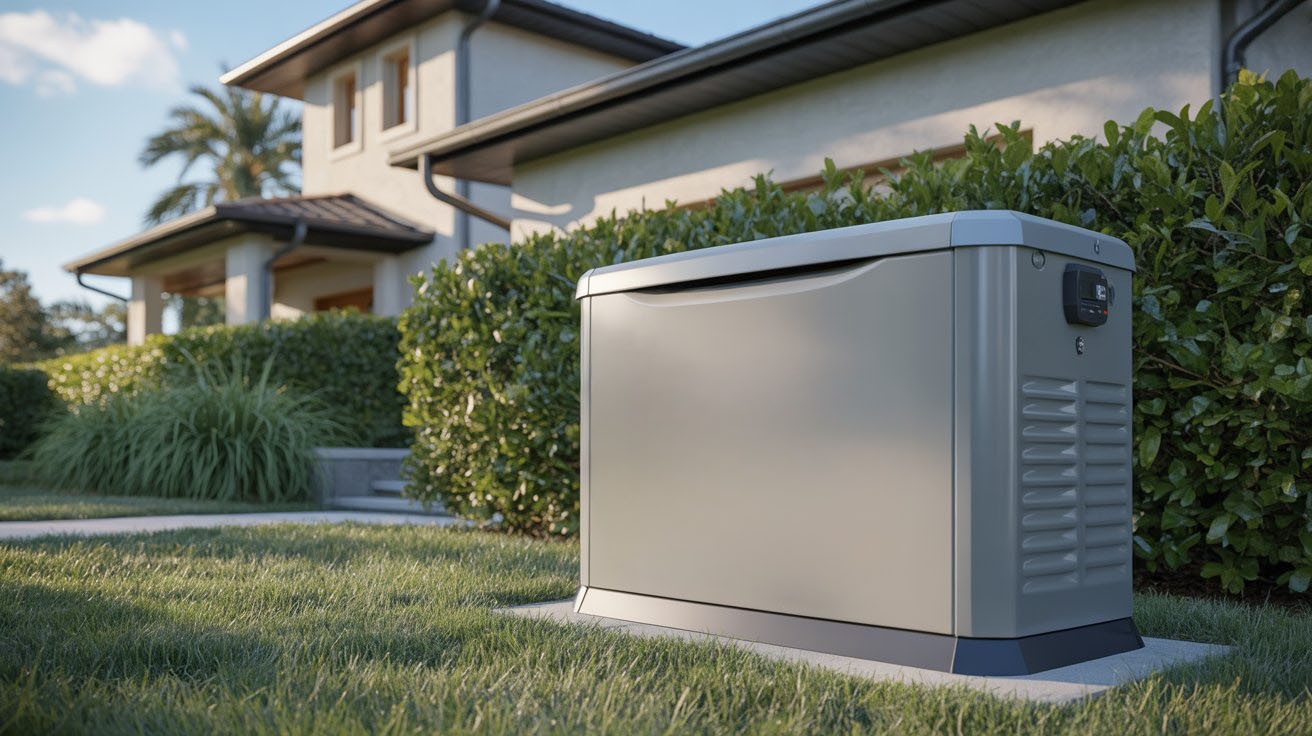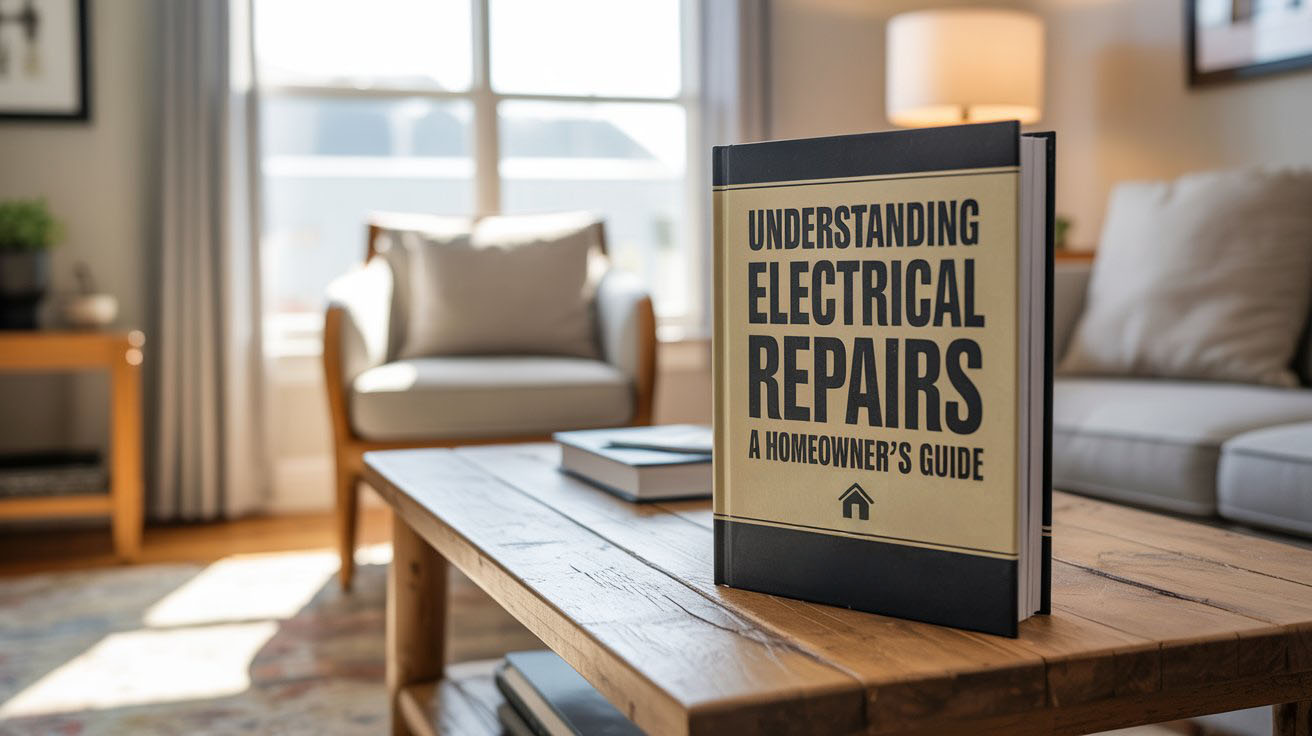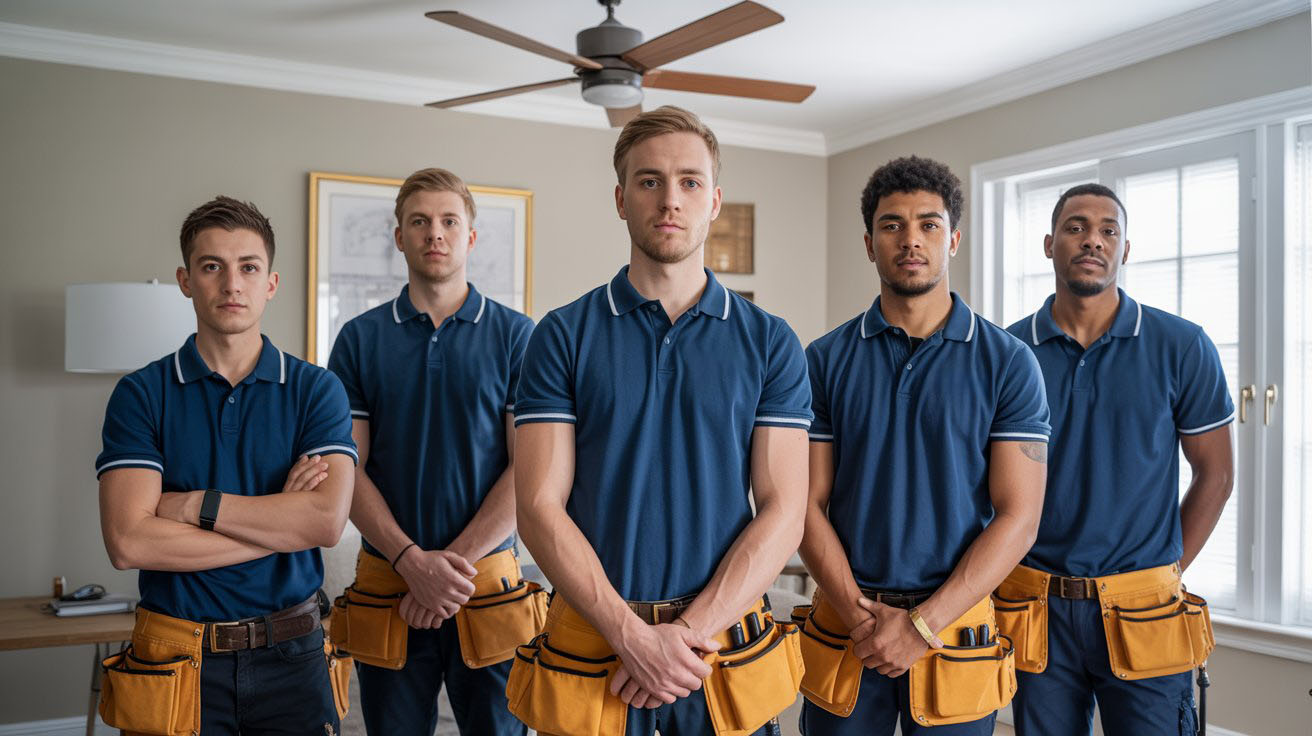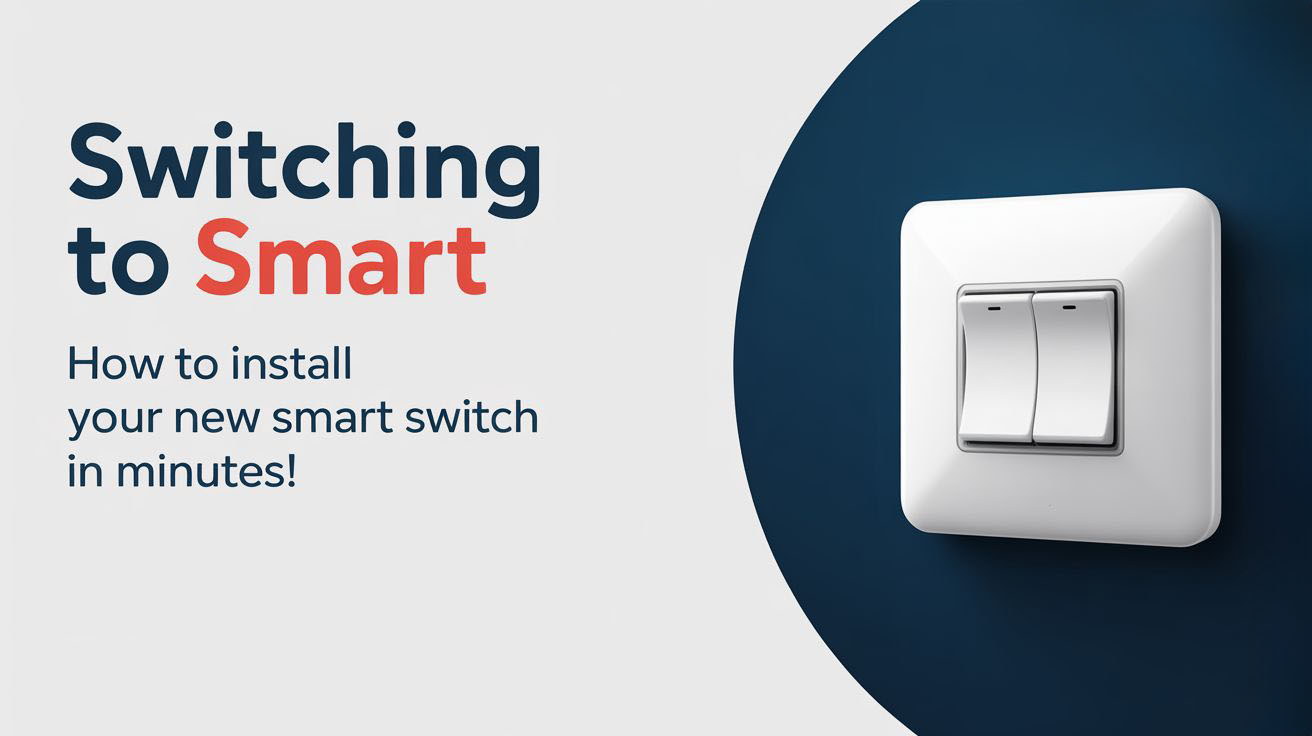Circuit breakers are vital components in any electrical system, serving as protection against overloaded circuits and short circuits. When they malfunction, it can lead to various problems. Understanding how to diagnose and repair common circuit breaker issues can help maintain the safety and functionality of your home’s electrical systems.
Table of Contents
- What is a Circuit Breaker?
- Common Troubleshooting Tips
- When to Call an Electrician
- Key Takeaways
- FAQ
- Schedule Your Electrical Service Today
What is a Circuit Breaker?
A circuit breaker acts as a safety device that prevents electrical overload. When the current flowing through the circuit exceeds a specific limit, the breaker trips, cutting off the flow of electricity. This is crucial for preventing electrical fires and damage to appliances. Circuit breakers must be regularly monitored to ensure they function correctly.
Understanding the different types of circuit breakers is also key. Some common types include:
- Standard Circuit Breakers: Typically found in homes.
- Ground Fault Circuit Interrupters (GFCIs): Designed to protect against electrical shocks.
- Arc Fault Circuit Interrupters (AFCIs): Help to prevent electrical fires by detecting arcing.
Each circuit breaker type has unique functions, but they all serve the purpose of ensuring electrical safety.
Common Troubleshooting Tips
If your circuit breaker keeps tripping, it may indicate a problem that requires immediate attention. Here are some common issues and tips on how to troubleshoot them:
- Overloaded Circuit: Limit the number of devices plugged into the same circuit to prevent overloading. Power strips can be helpful, but avoid overusing them.
- Short Circuit: Check for damaged wires or faulty devices that may cause a short circuit. Unplug appliances and reset the breaker to see if it trips again.
- Ground Fault: This happens when a live wire touches the ground or a grounded object. If a GFCI breaker trips, replace any damaged cords or appliances.
When troubleshooting, ensure that you turn off the appropriate breaker before inspecting any wiring or devices. Safety should always come first.
When to Call an Electrician
Not every circuit breaker issue is suitable for DIY repair. If you notice any of the following, it’s best to call a professional electrician:
- You frequently have to reset the breaker.
- The breaker feels warm to the touch.
- You hear buzzing sounds or see sparks coming from the breaker panel.
- There is visible damage to the breaker or surrounding wiring.
These signs often indicate more serious issues that require professional evaluation and attention. An electrician can ensure everything is safe and up to code.
Key Takeaways
– Circuit breakers prevent electrical overload and fires.
– Common issues include overloaded circuits, short circuits, and ground faults.
– Always prioritize safety; if unsure, call a professional. – Regular maintenance can prolong the life of your electrical system.
FAQ
What does it mean if my circuit breaker keeps tripping?
It usually means there’s an overload or a short circuit somewhere in the circuit.
How do I reset a circuit breaker?
Locate the breaker panel, identify the tripped breaker (it will be in the middle or off position), and entirely switch it to the off position. Then, flip it back to the on position.
Is it safe to replace a circuit breaker myself?
If you are familiar with electrical systems, you can do it. Otherwise, it’s safer to have a licensed electrician handle it.
What should I do if my circuit breaker is hot to the touch?
Turn it off immediately. A warm breaker can indicate a potentially hazardous overload situation; in this case, you should consult an electrician.
How often should I have my electrical system inspected?
It’s good practice to have it checked every few years or whenever you notice any issues.
Schedule Your Electrical Service Today
Experiencing circuit breaker issues? Don’t wait for a minor problem to escalate into a significant hazard. Contact our professional electricians today for a thorough evaluation and prompt resolution of your electrical concerns. Maintaining electrical safety is just a click away. Contact us to schedule your service!

